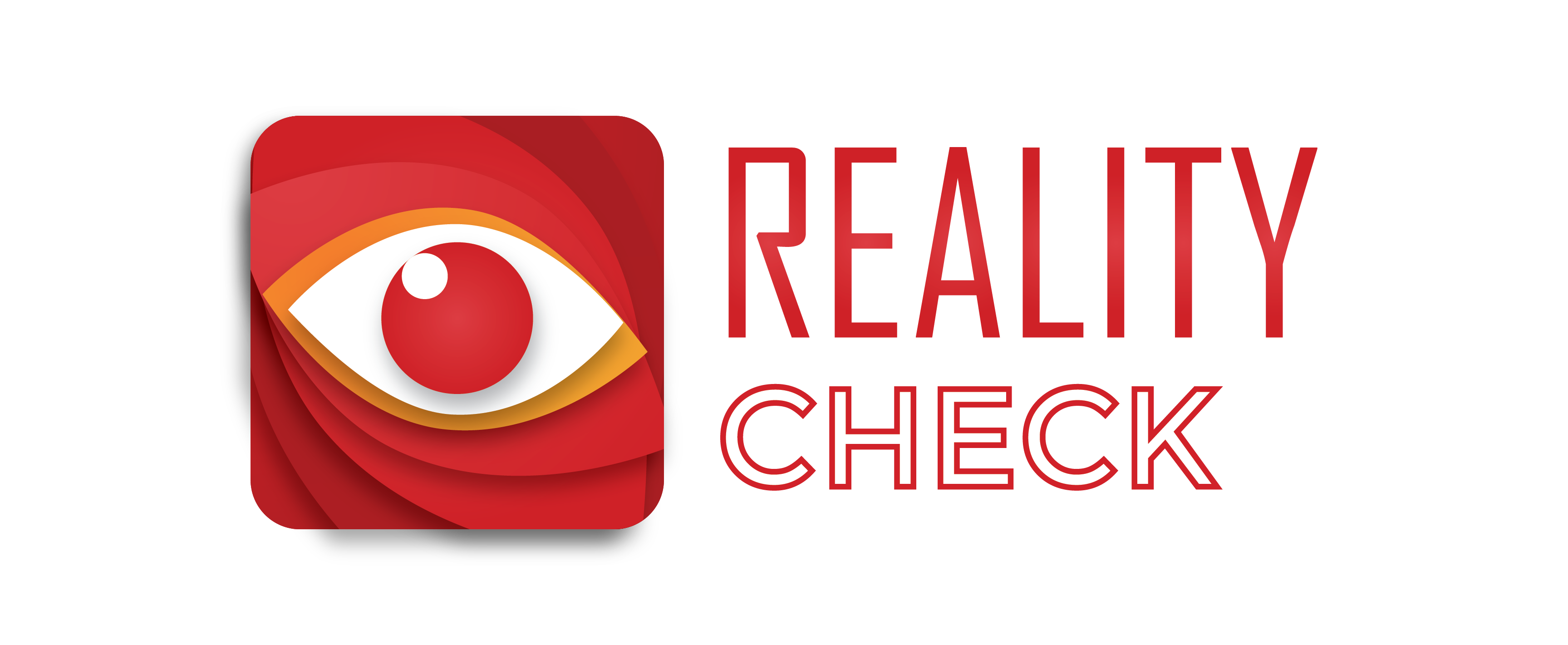
Our service aims to eliminate "fake news" by having actual people evaluate news articles. Decreasing trust in mainstream media outlets, along with the emergence of “fake news” as a profitable business model, is impacting individual decision making, as well as political processes and ultimately democracy itself. High quality journalism and diverse media outlets are central to holding democratic institutions accountable - but verifying and vetting news articles is a time-consuming and stressful task few consumers actually engage in. Thus there is a clear need for a method to quickly and reliably assess the quality of news articles. Our idea meets this need by crowd-sourcing evaluations for news articles.
We will gather news articles from a wide variety of sources, including “fake news”. Users will then be able to evaluate these articles along two dimensions, truthfulness (“correct” - “fake”) and objectiveness (“fair” - “biased”), with the simple click of a button. We will then aggregate these evaluations and display them in an intuitive visual format. Importantly, we will rely exclusively on the evaluations of users and will not add our own political opinions or evaluations. Using these aggregated evaluations, users will be able to quickly identify high-quality news and steer clear of biased and incorrect information. We ultimately aim to serve all 140cr registered voters in INDIA. As a first step, we plan to test our service with the UEM community (about 1000 students) as soon as we have a first functional prototype, expanding to the entire Indian community thereafter.
Our unique value proposition, especially compared to sites that provide users access to third-party news, is that we provide an intuitive and reliable evaluation of content quality. More precisely, automatically aggregating crowd-sourced evaluations will allow us to cover more articles at a lower cost while at the same time avoiding the impression of partisanship.We plan to run this service as a not-for-profit organization in order to steer clear of conflicts of interest.















Sounak Datta